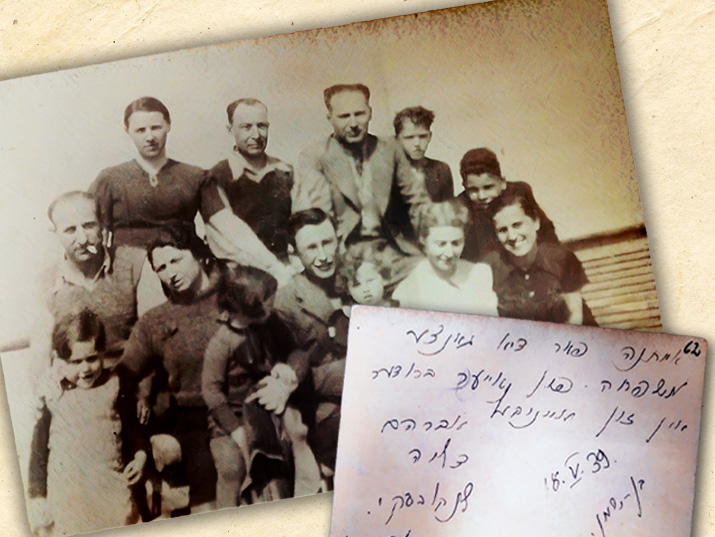Love's wounds
Enlarge text Shrink text- Book
Love's Wounds takes an in-depth look at the widespread language of violence and abjection in early modern European love poetry. Beginning in fourteenth-century Italy, this book shows how Petrarch established a pattern of inequality between suffering poet and exalted Beloved rooted in political parrhēsia. Sixteenth- and early seventeenth-century French and English poets reshaped his model into an idiom of extravagant brutality coded to their own historical circumstances. Cynthia N. Nazarian argues that these poets exaggerated the posture of the downtrodden lover, adapting the rhetoric of powerless desire to forge a new "countersovereignty" from within the heart of vulnerability-a potentially revolutionary position through which to challenge cultural, religious, and political authority. Creating a secular equivalent to the martyr, early modern sonneteers crafted a voice that was both critical and unstoppable because it suffered.Love's Wounds tracks the development of the countersovereign voice from Francesco Petrarca to Maurice Scève, Joachim du Bellay, Théodore-Agrippa d'Aubigné, Edmund Spenser, and William Shakespeare. Through interdisciplinary and transnational analyses, Nazarian reads early modern sonnets as sites of contestation and collaboration and rewrites the relationship between early modern literary forms.
| Title |
Love's wounds : violence and the politics of poetry in early modern Europe / Cynthia N. Nazarian. |
|---|---|
| Publisher |
Ithaca, New York London, [England] : Cornell University Press |
| Creation Date |
2016 |
| Notes |
Previously issued in print: 2016. Issued also in print. Includes bibliographical references and index. In English. |
| Content |
Frontmatter -- Contents -- List of Illustrations -- Acknowledgments -- List of Abbreviations -- Introduction: Vulnerability and the Countersovereign Voice -- 1. Strategies of Abjection: Parrhēsia and the Cruel Beloved from Petrarch's Canzoniere to Scève's Délie -- 2. Violence and the Politics of Imitation in Du Bellay's La Deffence et illustration de la langue françoyse and L'Olive -- 3. Martyrdom, Anatomy, and the Ethics of Metaphor in d'Aubigné's L'Hécatombe à Diane and Les Tragiques -- 4. Petrarchan Tyranny and Lyric Resistance in Spenser's Amoretti and The Faerie Queene -- Conclusion: The Paradoxes of Pain: Shakespeare beyond Petrarchism -- Notes -- Bibliography -- Index |
| Extent |
1 online resource (316 pages) : illustrations |
| Language |
English |
| Copyright Date |
©2016 |
| National Library system number |
997010701736905171 |
MARC RECORDS
Have more information? Found a mistake?

 Sign in with Google
Sign in with Google
 Sign in with Facebook
Sign in with Facebook



